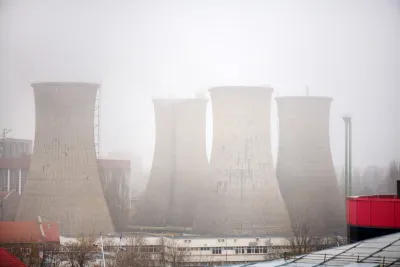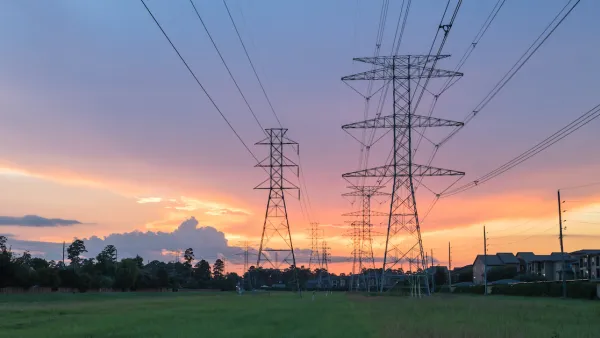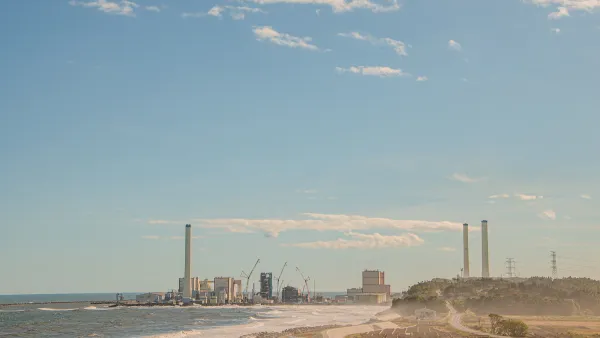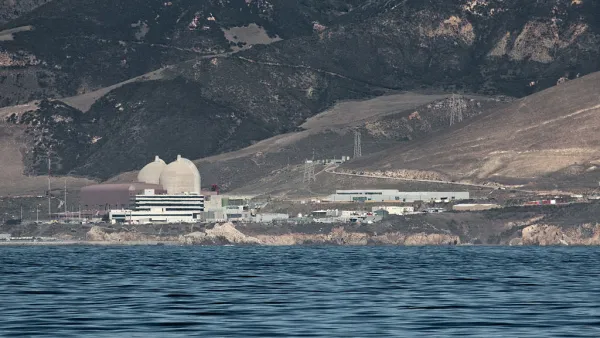“It has to be one of the greatest wastes of money in any state’s history,” Alan Greenblatt writes.

In the first line of his piece on failed nuclear plants in South Carolina, Alan Greenblatt speculates, “It has to be one of the greatest wastes of money in any state’s history.”
The story begins 12 years ago:
“Back in 2006, South Carolina, along with several other states, passed legislation to try to jumpstart the moribund nuclear construction industry. At the time, energy was more expensive than it is today and there was talk of Congress perhaps imposing a carbon tax. In states with growing populations, encouraging nuclear energy through a new approach seemed like a good idea.”
What also seemed like a good idea was a financing strategy that had utility customers paying for the plants as they were built, instead of being presented with a bill once they were finished.
Which is how those customers have paid $2 billion into projects that will never generate electricity; in fact, even though work has ceased, and the company contracted to build the plants went bankrupt last summer, and an audit uncovered faulty designs and poor management, South Carolinians are still paying $37 million per month to South Carolina Gas & Electric and Santee Cooper.
“The state is now trying to figure out who’s to blame, and who will pay,” Greenblatt writes, noting that it’s unlikely the utility companies could refund ratepayers even if the state demanded it, that they both claim they can’t continue to operate if the payments cease.
FULL STORY: South Carolina Spent $9 Billion on Nuclear Reactors That Will Never Run. Now What?

Analysis: Cybertruck Fatality Rate Far Exceeds That of Ford Pinto
The Tesla Cybertruck was recalled seven times last year.

National Parks Layoffs Will Cause Communities to Lose Billions
Thousands of essential park workers were laid off this week, just before the busy spring break season.

Retro-silient?: America’s First “Eco-burb,” The Woodlands Turns 50
A master-planned community north of Houston offers lessons on green infrastructure and resilient design, but falls short of its founder’s lofty affordability and walkability goals.

Test News Post 1
This is a summary

Analysis: Cybertruck Fatality Rate Far Exceeds That of Ford Pinto
The Tesla Cybertruck was recalled seven times last year.

Test News Headline 46
Test for the image on the front page.
Urban Design for Planners 1: Software Tools
This six-course series explores essential urban design concepts using open source software and equips planners with the tools they need to participate fully in the urban design process.
Planning for Universal Design
Learn the tools for implementing Universal Design in planning regulations.
EMC Planning Group, Inc.
Planetizen
Planetizen
Mpact (formerly Rail~Volution)
Great Falls Development Authority, Inc.
HUDs Office of Policy Development and Research
NYU Wagner Graduate School of Public Service




























